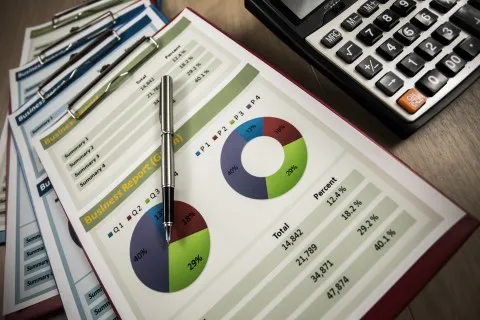
Easing Korean mortgage regulation to aggravate high debt ratio: Fitch
Debt-servicing capacities could be maimed.
Korean financial regulators are likely to follow through on suggestions by Deputy Prime Minister and Finance Minister nominee Choi Kyung-hwan to ease loan-to-value (LTV) and debt-to-income (DTI) ratio limits for mortgage lending, Fitch Ratings says.
Here's more from Fitch:
Easing regulatory lending limits will boost household credit and act as a positive catalyst for the property market in the short to medium term. However, raising LTV and DTI caps has the potential in the longer term to aggravate a household debt ratio which is already high, and worsen debt-servicing capabilities.
Mortgage lending in Korea is currently capped with 50%-60% LTV and DTI ratio limits depending on geography - the tightest regulations are in Seoul, at 50% for both LTV and DTI ratios. There has yet to be any specific proposals as to what extent the limits will be relaxed, and whether it will be a targeted easing focusing on certain household segments and/or geographies. That said, political momentum toward boosting growth through de-regulation is building, and the Financial Supervisory Service Governor and the Financial Services Commission Chairman have expressed openness to reforming the current regulations.
In the short to medium term, regulatory easing will boost household lending from the banking sector, especially toward the lower-income segment and self-employed individuals who have had limited access to bank borrowing (owing to the low DTI limit).
From an asset-quality perspective, this should have a limited impact on the banking sector, at least in the short term. Many households are utilising non-bank financial institutions and unsecured personal loans to increase their real estate leverage, so enabling greater bank lending to these groups could mean that they are able to transition higher-interest-rate consumer borrowing to longer-term home mortgage borrowing from a bank. As a result, this could translate into improving household debt-servicing capabilities.
Over the longer term, easing regulations could further strain household debt - a factor which we have highlighted as a risk to the country's sovereign position. Korea's household debt/disposable income ratio already exceeds 160%, far in excess of other advanced economies. Economic growth is forecast to remain subdued relative to its long-term average, so this suggests that the potential for Korea to significantly expand its household credit without raising risks to asset quality is limited.













 Advertise
Advertise










